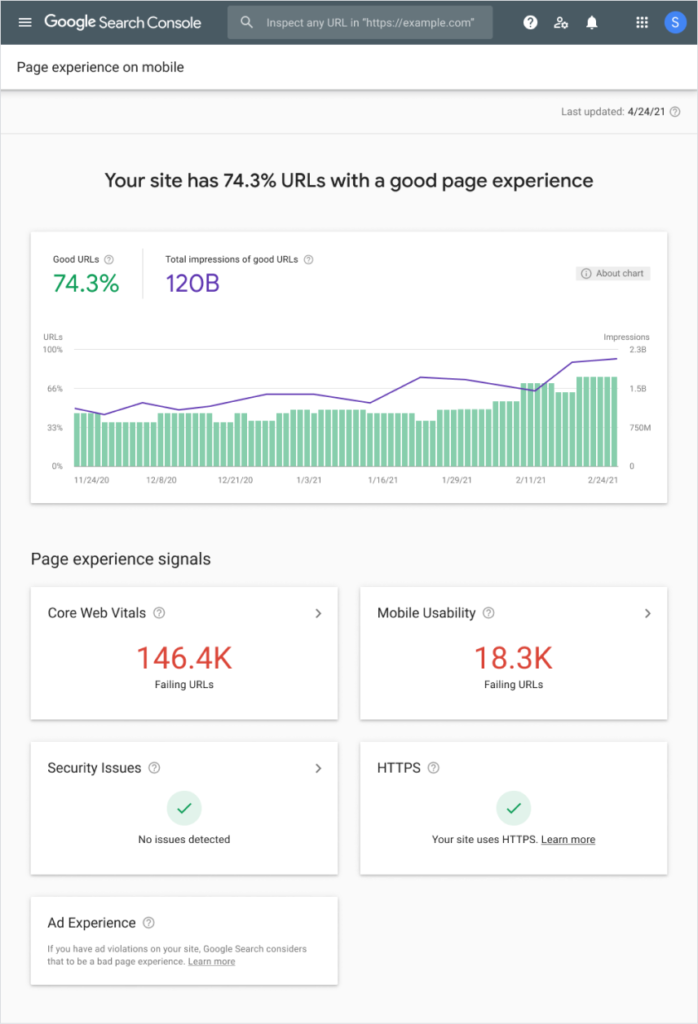The Internet has changed a lot since March 2020. For more than a year we relied on the web to buy our groceries, do our banking, purchase our dinners and socialize with our friends.
Now that things seem to be opening up what do we do next? Here are some trends that developed during the pandemic that will continue to move forward even after things continue to open up.
1. eCommerce

eCommerce exploded during the pandemic. Delivery services like Uber Eats and Instacart flourished and online sales for just about everything else jumped.
According to an analysis by Digital Commerce 360, “The pandemic pushed even more U.S. consumers online, contributing an additional $105 billion in U.S. online revenue in 2020 and accelerating e-commerce by two years.”
If you own a brick and mortar sales business it makes sense to invest in online sales, wether it be offering delivery or setting up a web store. This also means that there will be more competition in the online market so marketing, search engine optimization, and user experience will come into play.
2. Social

Zoom takes on a whole new meaning in 2020. Working remotely, online meetings and conferences were a mainstay during the pandemic. Although, many businesses are open in-person and many people are back to work, people are still interacting on social media and video conferencing.
“Zoom boss Eric Yuan, whose business exploded during the pandemic, says working from home is here to stay. The video conferencing company expects sales to rise more than 40% this year, reaching more than $3.7bn (£2.66bn)” via BBC news.
This also provides businesses an opportunity to broaden their base. While before you may have only been able to reach customers in your general area, the acceptance of online communication may help open you up to a national or global client base. As an anecdotal example; we just had a zoom meeting with a new client in Denver.
3. Security

“Consumers reported losing more than $3.3 billion to fraud in 2020, up from $1.8 billion in 2019. Nearly $1.2 billion of losses reported last year were due to imposter scams, while online shopping accounted for about $246 million in reported losses from consumers.” via FTC
As the use of the internet and online sales increase so do the hacking, fraud, theft and scams. Security needs to be a priority especially if you are handling credit card or other sensitive client information. Keep your site up to date, look out for security patches and plugins and back up your data so that you will be able to get your information back in a worst case scenario.
4. Accessibility

“Despite the growing number of accessibility lawsuits, many businesses have been slow to adopt an accessibility strategy. Today, it’s estimated that companies without accessible sites are losing $6.9 billion a year to competitors whose sites are accessible.” via monsido
During the pandemic we really found out what it means to be powerless and try and still keep our business and lives afloat. Could you imagine not being able to see and trying to file your taxes online. It is hard enough to navigate with sight. Many people with disabilities use online services to get vital services they need, everything from ride sharing to groceries. Also keep in mind that having your web site accessible gives you an edge on the competition and opens you up to a larger market.
5. User Experience

Google will be rolling out a new Page Experience update in Mid June and is launching the Page Experience report in Google Search Console. This will put an emphasis on UX or User Experience. Basically, your page experience will effect your rankings.
- Mobile usability: A URL must have no mobile usability errors in order to qualify for Good status.
- Security issues: Any security issues for a site disqualify all URLs on the site from a Good status.
- HTTPS usage: A page must be served over HTTPS to be eligible for Good page experience status.
- Ad Experience: A site must not use advertising techniques that are distracting, interrupting, or otherwise not conducive to a good user experience. If a site is flagged as having a bad ad experience, all pages on the site are considered as having a bad page experience.
via Google

As we head out of the pandemic that changed life as we know it, one thing is for sure: Online business is not going anywhere.
Another important lesson learned from the past year is to effectively use new and existing communications tools to connect with your existing clients and future customers.
Sometimes we just need to make small improvements that can make a large impact on our businesses. Improving your online sales program, connecting with your clients using video conferencing and improving website accessible and user experience on your site, while keeping everything secure, are important trends that will continue to drive forward.